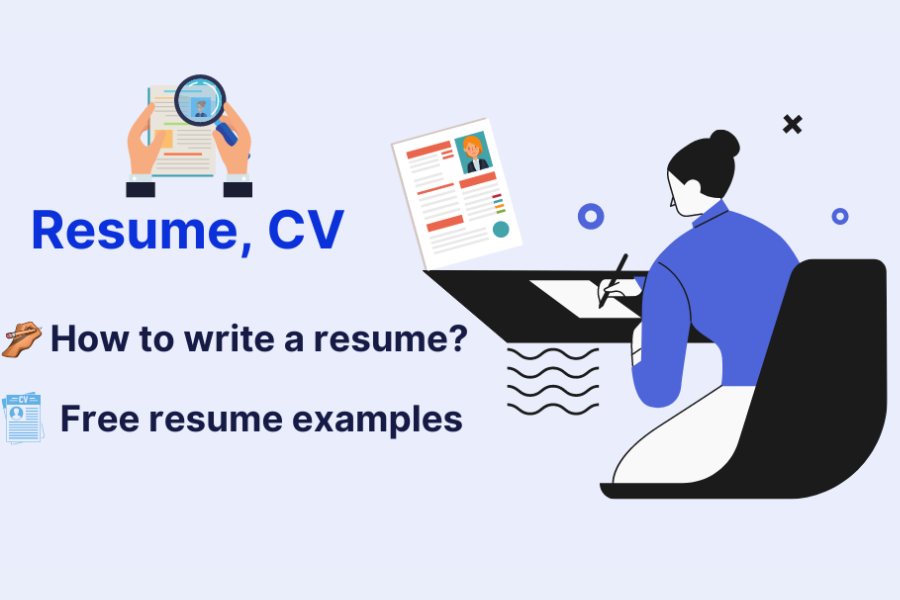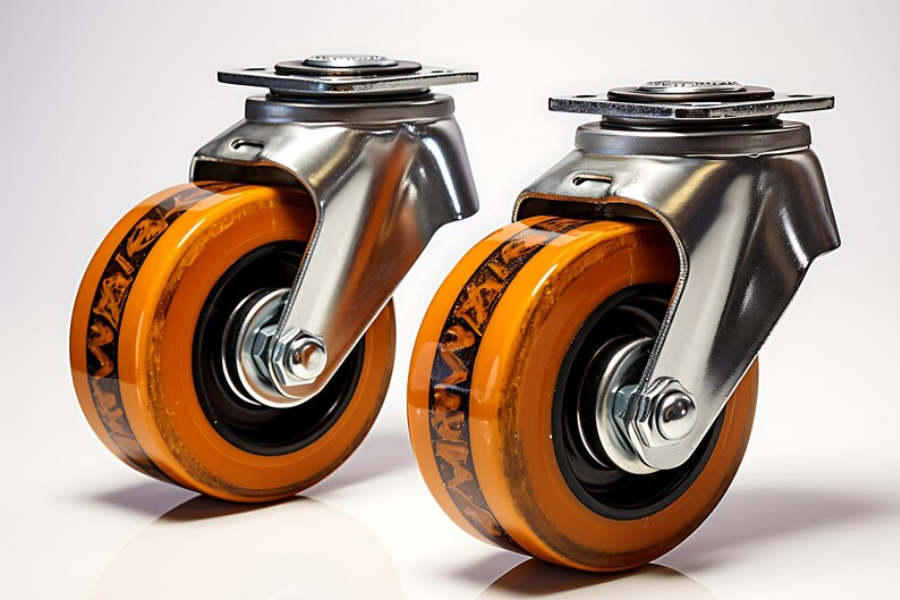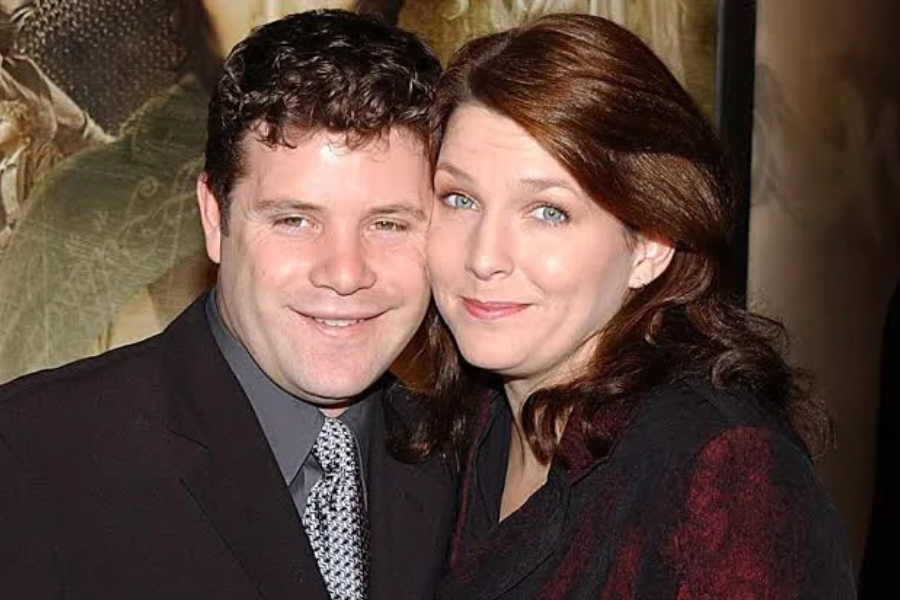Choosing what to include — and what not to — on your resume can seem quite daunting, especially for those new to the highly specialized job and internship market. However, framing the perfect resume can be boiled down to a set of key items that employers prioritize while looking at a candidate.
Here are the best resume templates you can find when you’re scouring the Internet for ideas. They including everything one must incorporate into their CV to stand out in the heaps of poorly edited resumes. This article focuses on resume essentials that you can’t afford to miss.
Contact information
A candidate should include their name, email address, and phone number clearly and prominently on their resume. However, they should limit it to the essentials, and personal details such as home address should be added only when necessary and/or required by the organization.
Note: Be mindful of providing correct contact information so concerned individuals can easily reach out.
Opening statement
An opening statement entails a basic summary of “who” the candidate is. It provides information pertaining to their professional background and accomplishments. The opening statement is usually 2-3 sentences long, written in the first person, and makes the case for why the employer should hire them.
HR managers often look for the potential of growth in prospective employees, and thus, the candidate should stress upon their goals and objectives.
Employment History
Listing prior occupations is important as it would give the employer an accurate idea of the candidate’s professional experience and areas of specialization. It is crucial in deciding if they are suitable for the job.
Thus, they should make a full disclosure because leaving out any pertinent details might cause difficulties later.
Key skills and strengths
This is the part where the candidate includes details about soft and technical skills relevant to the concerned job. The quality and quantity of the skill set are of utmost importance.
It is also integral for the candidate to articulate their strengths and weaknesses as it shows self-awareness and improves the will to grow.
Employers usually seek candidates with good communication, leadership skills, and strategic thinking besides other job-specific qualities.
Personal attributes
A candidate needs to get a bit candid while outlining this portion of their resume as it would give the employers a holistic idea of who the candidate is as a person. This is important as employers would use it to assess their personality.
Everything that the candidate mentions here can gauge traits, such as reliability, efficiency, and adaptability.
Certifications and membership
Providing details about professional courses and training they have undertaken can prove to be advantageous for the candidate’s prospects. It gives them an edge over the rest of the applicants, boosting their employability by a considerable margin.
Plus, membership of guilds and societies related to your occupation can be quite beneficial in terms of professional opportunities.
Awards and recognitions
Similarly, the candidate should list all relevant honors as it would help improve their profile in front of employers looking for a more well-rounded individual. While at it, attach certificates and include stats to back up your achievements.
Adding achievements and accreditations to your resume goes the extra mile in today’s highly specialized corporate landscape.














Leave a Reply